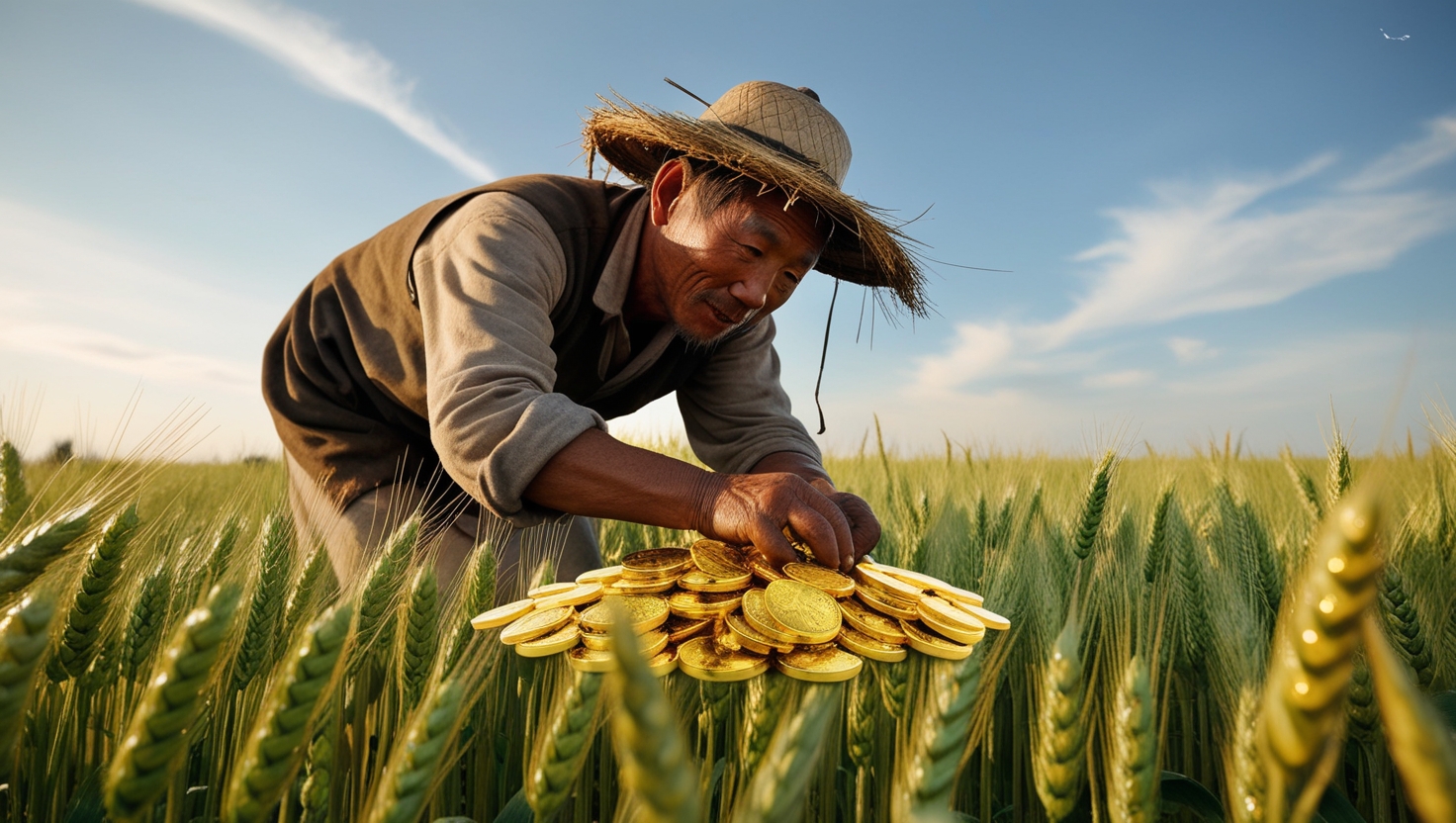Gold farming in video games — an analysis of the phenomenon by REVERA
Specialists from the legal company REVERA, Svetlana Gordey and Darya Savko, explained what "gold farming" is and whether it can be tackled legally.
Generated by AI (Leonardo.Ai)
Svetlana Gordey and Darya Savko
Gold farming in the context of video games involves gathering in-game currency, valuable items, or other resources through repetitive actions or tasks within a video game. Players may engage in gold farming to speed up progress, acquire rare items, or even profit from it. This often leads to trading or selling accounts for real money, which can violate licensing agreements and terms of service, as well as cause security issues with player accounts.
Hence, gold farming is often carried out on unauthorized grounds.
What are the features of gold farming and how does it impact the gaming community?
This earning method has become popular in online games where there is a demand for virtual assets, and players are willing to pay for them. Some players enjoy spending hours in the game, while others prefer to get everything immediately, even if it means paying a hefty sum.
Let’s look at the features of gold farming in video games:
- Goal: Resource harvesting (people doing the farming spend a lot of time performing repetitive tasks, like farming mobs);
- Goal: Resource selling (the obtained resources are then sold to other players through official or, more often, unofficial platforms where they can be exchanged for real money or in-game currency);
- Balance disruption: Widespread use of gold farming can decrease the incentive to play the game as intended by the developers and can create unequal conditions among players;
- Labor-intensive: Depending on the game and farming methods, gold farming can require a lot of time and effort, especially to reach high income levels. Farm operators often create multiple accounts, each rich in resources for future sales.
- Risks for users: Gold farming can sometimes involve scams, viruses, or fraud, negatively affecting the gaming environment and player security.
Gold farming is a contentious issue in the gaming world. Its impact on gaming communities varies depending on factors like game rules, player motivations, and developer decisions.
How can gold farming harm developers?
As mentioned earlier, gold farming is mainly an illegal practice, often conflicting with rules set by developers. Many video game developers prohibit purchasing in-game currency through third-party platforms or other benefit-gaining methods that breach site terms or license agreements, as this creates imbalance in gameplay and could spoil the experience for other players.
Moreover, gold farming is often linked with compromising the security of game accounts. Scammers may use gold farming as a means to access other players' accounts to steal valuable items or personal information, and sometimes the account itself. In certain cases, gold farming might infringe intellectual property laws if players are selling or buying game items purchased with real money without the copyright owner's permission.
Gold farming is also economically disadvantageous for developers, as rapid accumulation of resources or rare items can cause inflation of in-game currency or overvaluing in-game goods, complicating gameplay and reducing the overall enjoyment.
Overall, gold farming might reduce player interest: easy access to goals and rare items can lead to quick saturation and loss of interest in gameplay. This also decreases player activity and consequently, developers' revenue from the game.
Thus, gold farming can negatively impact game developers by creating imbalance, disrupting in-game economics, and reducing overall player interest.
How can gold farming exploit labor?
Gold farming may be considered a form of labor exploitation when players spend extensive time and effort on repetitive tasks to gather game resources or currency. It can also involve coercive labor through so-called "farming services" or "farm shops." These services offer players the chance to buy game currency, resources, or items for real money by engaging other players who spend significant time in the game farming to sell resources or currency.
In such scenarios, those involved in gold farming might face forced labor, as they are compelled to spend a substantial amount of time and effort performing monotonous tasks to gather necessary resources or currency for resale. Some individuals may face pressure from contractors or companies they work for.
Moreover, players engaged in gold farming could become victims of unfair practices from clients who may not pay them properly for the work or use their labor without fair compensation. In these situations, resource gatherers may face exploitation and coerced labor.
Hence, gold farming in video games can parallel labor exploitation, requiring developers to consider these aspects to ensure fair and healthy conditions for players and prevent labor exploitation effects within the gaming industry.
How can a video game be legally protected from the practice of gold farming?
Securing a game from gold farming is crucial for ensuring fair gameplay and a safe gaming environment. We suggest focusing on the following strategies to combat this illegal practice:
- Include explicit prohibitions in the terms of service against bot behaviors, which may cover repetitive actions throughout the game and the creation of additional accounts for the same. The terms can also stipulate the right of the copyright holder to block or restrict access to accounts involved in such activities;
- Implement technical protection measures against resource and currency farming, like monitoring gameplay activities, bot detection systems, anti-cheats, and other automated tools;
- Conduct informational campaigns and educational activities for users to prevent participation in gold farming and other prohibited practices;
- Engage the gaming community in combating gold farming to detect and prevent unwanted activity. Players can report suspicious behavior to help maintain a fair gaming environment;
- Enhance account security measures by introducing two-factor authentication to prevent unauthorized access to player accounts and reduce fraud risks;
- Monitor transactions by tracking in-game transactions and player behavior to identify suspicious activity related to gold farming.
Overall, protection from gold farming is an ongoing process that demands attention and efforts from developers, but the right strategies and security measures can help minimize the damage from such undesirable practices.

